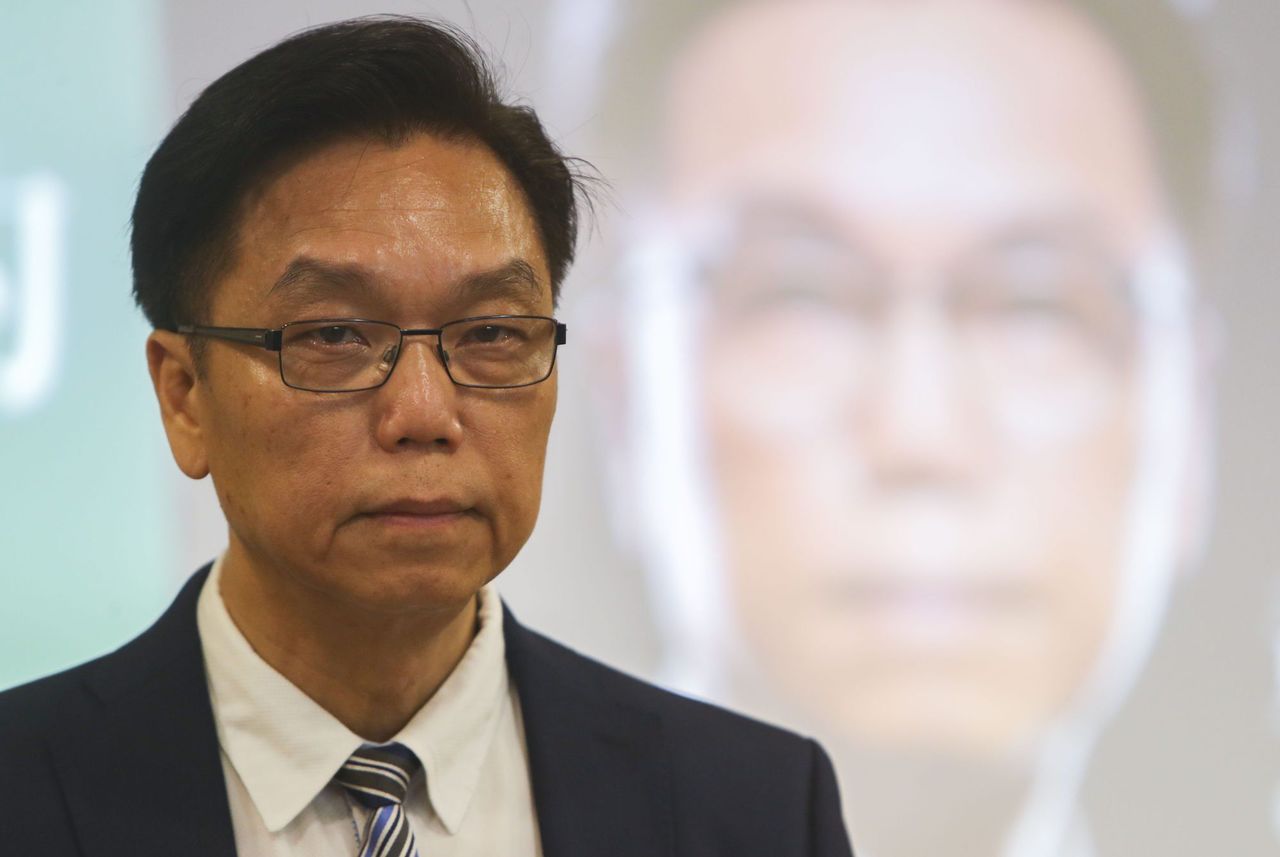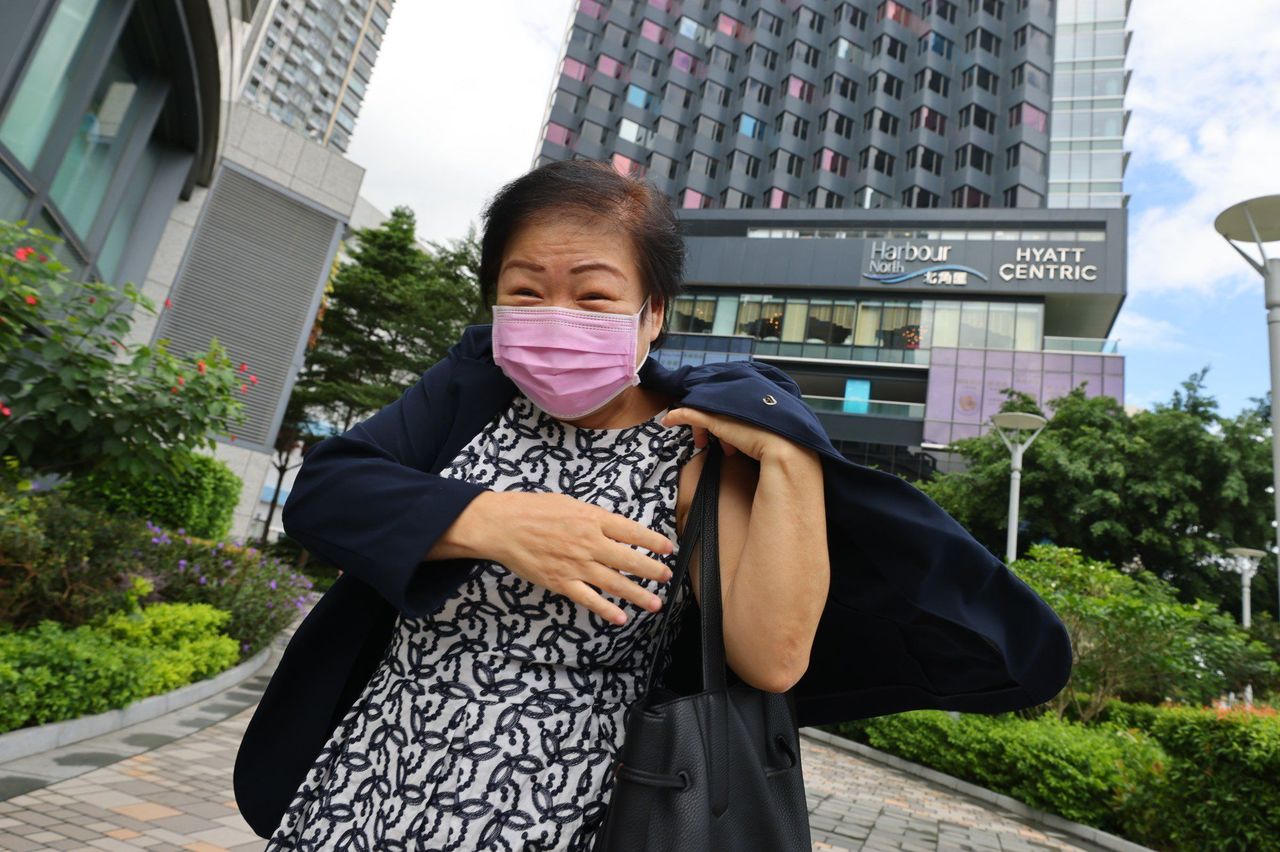Hong Kong News

Only 3 Hong Kong Legco candidates identify as ‘pro democracy’
Only three of the 153 candidates running for Hong Kong’s Legislative Council refer to themselves as “pro-democracy” and are standing on election platforms calling for universal suffrage, a Post study has found.
Other non-establishment hopefuls stated in their official profiles submitted to the electoral office that they wanted a reactivation of constitutional reform, people arrested in the 2019 protests to be reintegrated into society, or more political diversity in the legislature, among other causes.
The personal manifestos were revealed as the city’s No 2 official John Lee Ka-chiu on Saturday hailed the range of voices vying for seats in next month’s “non-homogeneous” Legco election.
With three weeks to go until Hong Kong’s first direct election under Beijing’s overhaul of the city’s electoral system to ensure only “patriots” held public office, the spotlight during a Saturday debate between candidates continued to fall on the political stances adopted by those outside the pro-establishment bloc.
In the absence of candidates from opposition parties for the first time in Hong Kong history, most of the 10 geographical contests in the December 19 poll involve two or three pro-Beijing candidates competing for two seats alongside a solitary non-establishment independent or centrist hopeful.
The Post has analysed the introductory and electoral messages from all 153 candidates recently published on the Registration and Electoral Office’s website.
The only three candidates calling for universal suffrage are independent democrat Nelson Wong Sing-chi and district councillors Adrian Lau Cheuk-yu and Daryl Choi Ming-hei.
Wong, a 64-year-old social worker running in New Territories North East, also proposed granting pardons to his jailed pro-democracy allies, reactivating constitutional reform to achieve universal suffrage, and setting up a Legco panel on police performance.
“Tyranny and violence will not succeed ... We must strive for every inch in the path to democracy,” Wong said in his electoral message.
 Independent democrat Nelson Wong.
Independent democrat Nelson Wong.
He was a founding member of the Democratic Party, but was expelled for supporting the government’s constitutional reform proposals in 2015.
The Basic Law, the city’s mini-constitution, states as an eventual goal that Hong Kong’s chief executive should be chosen by universal suffrage upon nomination by a broadly representative nominating committee.
Political demands raised by other non-establishment candidates were somewhat less contentious.
Jeffrey Chan Chun-hung, a member of centrist party Path of Democracy who is running in Kowloon East, called for support to be offered to arrestees from the 2019 anti-government movement to help them integrate back into society.
Independents Jason Poon Chuk-hung, from Hong Kong Island East, and Kowloon West’s Frederick Fung Kin-kee, demanded greater political diversity in Legco.
Fong Lung-fei, from Hong Kong Island West, presented himself as a “pro-democracy independent” but did not raise any related demands in his electoral message.
Under Beijing’s reforms in March, the number of directly elected geographical seats was reduced from 30 to 20. The trade-based functional and new Election Committee constituencies will take up 30 and 40 seats respectively in the expanded 90-strong chamber.
Writing in his official blog published on Saturday, chief secretary Lee appealed to residents to vote in the coming poll, which he described as “competitive” and “high-quality”.
“This election is neither ‘monotonic’ nor ‘homogenous’ with candidates coming from different political spectrums,” he said.
“Under the common vision of patriots, those elected will no longer be traitors who dedicate themselves to resisting the central government and the mainland or colluding with external forces, but lawmakers who will better construct Hong Kong.”
Lee added he was glad to see candidates engaging in joint canvassing during a campaign that had not been mired by any of the smearing witnessed in previous races.
Candidates continued to take part in debates over the weekend staged by various media outlets and pro-Beijing groups, a key topic being the political affiliation of non-establishment candidates.
 Mandy Tam, former Civic Party member.
Mandy Tam, former Civic Party member.
At one organised by a radio programme that invited all three candidates running for Kowloon Central, Mandy Tam Heung-man – a former member of Civic Party, People Power and the disbanded The Frontier – sought to defend herself against suggestions that her pro-democracy stance was wavering.
“My stance towards democracy has remained unchanged,” Tam said. “I am here for the better livelihood of citizens and to strive for universal suffrage.”
Tam turned on her rival Starry Lee Wai-king, accusing the executive councillor of being partly responsible for the ineffective governance of Carrie Lam Cheng Yuet-ngor’s administration.
Lee, chairwoman of the largest pro-Beijing party, the Democratic Alliance for the Betterment and Progress of Hong Kong, said the city’s deep-seated problems were the main obstacle but conceded that governance could be improved by reforming the executive branch.
The other pro-establishment candidate taking part in the debate was Yang Wing-kit, who said he would make good use of his capacity as Kowloon City District Council chairman to convey residents’ demands to Legco.











